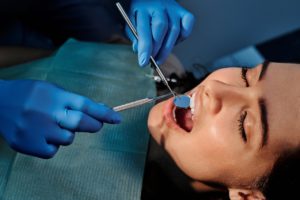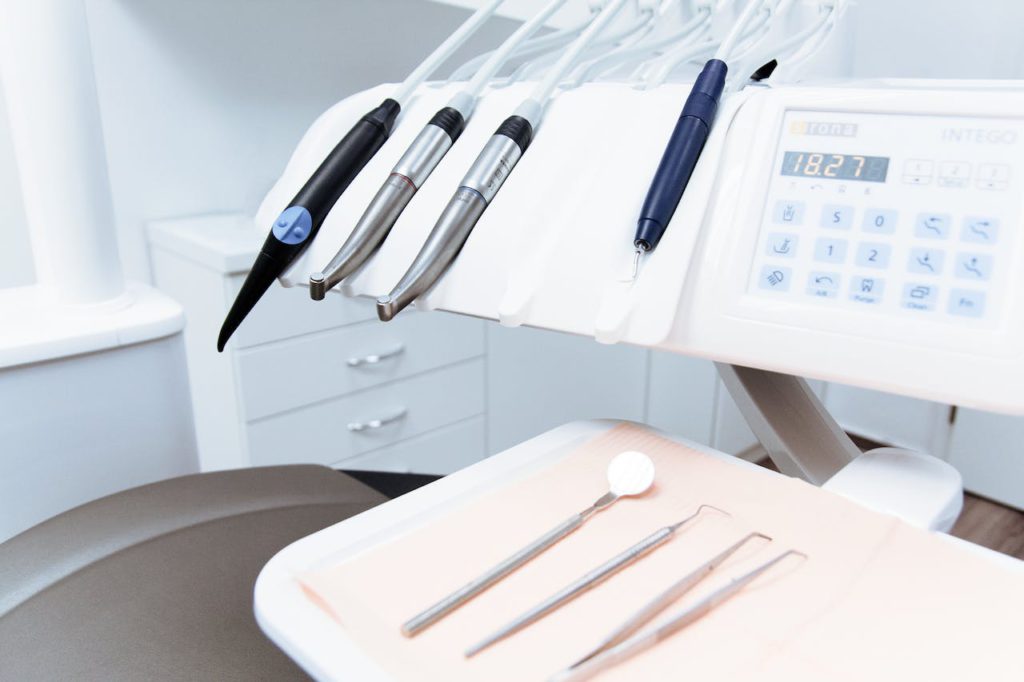Dental anxiety is a common hurdle that prevents many individuals from seeking the oral care they desperately need. The fear of dental procedures can range from mild nervousness to severe phobia, impacting a person’s overall well-being. Fortunately, sleep dentistry has emerged as a revolutionary solution to alleviate dentist anxiety, providing patients with a serene and stress-free experience. In this article, we’ll explore the world of sleep dentistry, its benefits, and how it transforms the dental landscape for anxious individuals.
Understanding Dentist Anxiety:
Dentist anxiety, also known as dental phobia or odontophobia, is a prevalent issue affecting people of all ages. This fear can stem from various factors, including past traumatic experiences, fear of pain, the sound of dental equipment, or a general feeling of loss of control. For many individuals, the anxiety is so severe that it becomes a barrier to seeking routine dental care, leading to oral health issues that may worsen over time.
The Evolution of Sleep Dentistry:
Sleep dentistry also referred to as sedation dentistry, marks a significant evolution in dental care, especially for those battling anxiety. The primary goal of sleep dentistry is to create a relaxed and stress-free environment for patients, allowing them to undergo necessary dental procedures without the fear and tension associated with traditional visits.
Unlike the name suggests, sleep dentistry doesn’t necessarily induce patient sleep. Instead, it involves sedatives to induce a state of deep relaxation. This allows individuals with dentist anxiety to receive the care they need while feeling calm and at ease throughout the process.
Different Levels of Sedation:
Sleep dentistry offers various levels of sedation to cater to the diverse needs of patients. The options include:
1. Minimal Sedation: The patient remains awake but relaxed.
2. Moderate Sedation: Often referred to as conscious sedation, this level induces a deeper state of relaxation, and patients may have limited memory of the procedure.
The choice of sedation level depends on the patient’s anxiety level, the nature of the procedure, and the dentist’s recommendation.
3. Deep Sedation: While the patient is not entirely unconscious, they may not be easily awakened and may have little to no memory of the procedure.
4. General Anesthesia: This induces a state of complete unconsciousness, typically reserved for more extensive procedures.
Benefits of Sleep Dentistry for Dentist Anxiety:

The advantages of sleep dentistry for those dealing with dentist anxiety are manifold:
1. Reduced Anxiety: Sleep dentistry provides a profound sense of relaxation, minimizing or eliminating anxiety associated with dental visits.
2. Increased Pain Threshold: Sedation can raise the pain threshold, making the patient experience more comfortable.
3. Time Efficiency: Procedures that might take multiple visits due to anxiety can often be completed in a single session with sleep dentistry.
4. Improved Oral Health: Sleep dentistry encourages regular dental check-ups and treatments by addressing dentist anxiety, promoting better oral health outcomes.
5. Memory Suppression: For those who fear the memory of dental procedures, sedation can induce partial or complete memory suppression, making the experience more tolerable.
The Sleep Dentistry Experience:
The process of undergoing sleep dentistry typically begins with a consultation, during which the dentist assesses the patient’s anxiety level, medical history, and the nature of the procedure. A personalized sedation plan is then developed, ensuring the patient’s comfort and safety.
On the day of the procedure, the patient is administered the agreed-upon sedation method, and the dental team proceeds with the necessary treatments. The patient’s vital signs are closely monitored throughout the process to ensure their well-being. Once the procedure is complete, the patient can recover under supervision before leaving the dental office.
Choosing the Right Dentist for Sleep Dentistry:
Selecting a qualified and experienced dentist is crucial for a successful sleep dentistry experience. Dentists specializing in sedation dentistry undergo additional training to ensure they can administer sedation safely and effectively. Patients considering sleep dentistry should inquire about their dentist’s credentials, experience, and the range of sedation options available.
The Future of Anxiety-Free Dentistry:
As dentistry continues to evolve, the future holds even more promise for anxiety-free dental care. Advancements in sedation techniques, coupled with a growing awareness of the importance of mental well-being in oral health, suggest a brighter future for individuals with dental anxiety. The ongoing commitment to patient comfort and the refinement of sleep dentistry protocols ensure that more people can access stress-free dental care, fostering a positive shift in attitudes towards oral health. With sleep dentistry leading, the dental chair may soon become synonymous with serenity and smiles rather than fear and anxiety.
Serenity in the dental chair is no longer an unattainable dream for those grappling with dentist anxiety. Sleep dentistry has emerged as a transformative solution, offering a path to oral health without the fear and stress that often accompanies dental visits. By understanding the benefits and embracing the possibilities of sleep dentistry, individuals can reclaim control over their oral care journey and achieve the healthy smile they deserve. If dental anxiety has been a hurdle, exploring sleep dentistry with a qualified professional may be the key to a more relaxed and positive dental experience.
